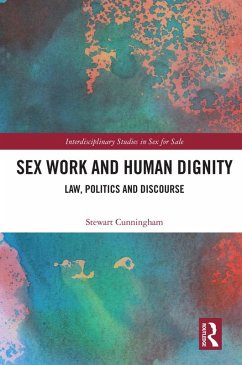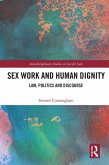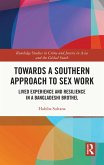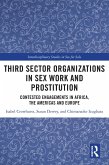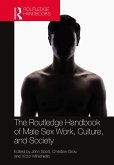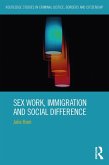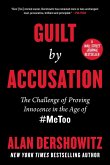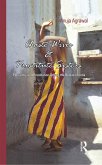The book draws on political discourse theory and is international in its scope, with analysis of legal cases, textual sources, and empirical data gathered through interviews with activists from several different countries in the Global North and South. The book traces how the concept of dignity is used in a range of legal and political discourses on sex work and ultimately asks to what extent dignity-based discourses help to advance, or hinder, sex workers' social inclusion.
This book will appeal to students and researchers interested in sex work and feminism, as well as those who study human dignity. Its interdisciplinary nature means it will appeal to those working in a range of disciplines, including law, sociology, philosophy, and political theory.
Dieser Download kann aus rechtlichen Gründen nur mit Rechnungsadresse in A, B, BG, CY, CZ, D, DK, EW, E, FIN, F, GR, HR, H, IRL, I, LT, L, LR, M, NL, PL, P, R, S, SLO, SK ausgeliefert werden.
Gillian Abel, Professor of Public Health, University of Otago, New Zealand
"In this nuanced and intelligent work, Stewart Cunningham offers a fascinating account of the various ways in which human dignity is invoked in social, legal and political debates on the subject of sex work. Accessible, relevant and original, this should be essential reading for anyone interested in sex work, political and legal discourse, feminism and philosophy."
Professor Jane Scoular, Law School, University of Strathclyde, UK
"This superb, deeply engaged book is the first discursive analysis of how understandings of dignity are used in legal, social, cultural and political discourses on sex work; the role of 'dignity talk' in research and practice; how 'dignity talk' can facilitate greater social inclusion for sex workers; and wider understandings of sex workers rights, dignity and humanity. Compelling and inspiring, this book will be core reading on my undergraduate and postgraduate modules and essential to my research and practice."
Maggie O'Neill, Professor in Sociology, Head of the Department of Sociology & Criminology, University College Cork, Ireland

